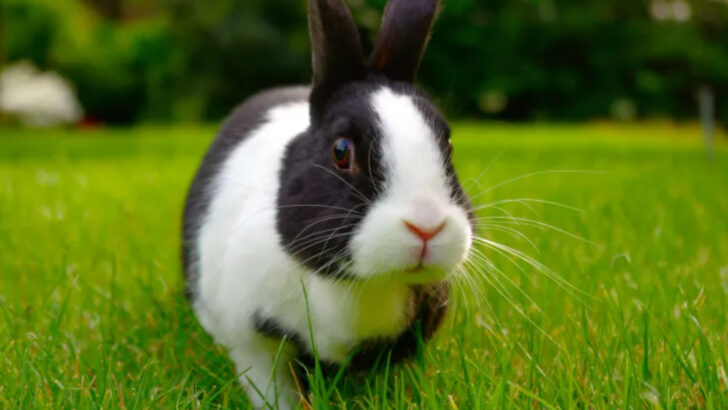Rabbits might look calm and cuddly, but they’re a lot pickier than people think. Some everyday habits—like picking them up too much or making loud noises—can quietly stress them out. The problem is, rabbits don’t always show their feelings in obvious ways. If you want your bunny to feel safe and happy around you, it helps to know what really bothers them.
Improper Handling
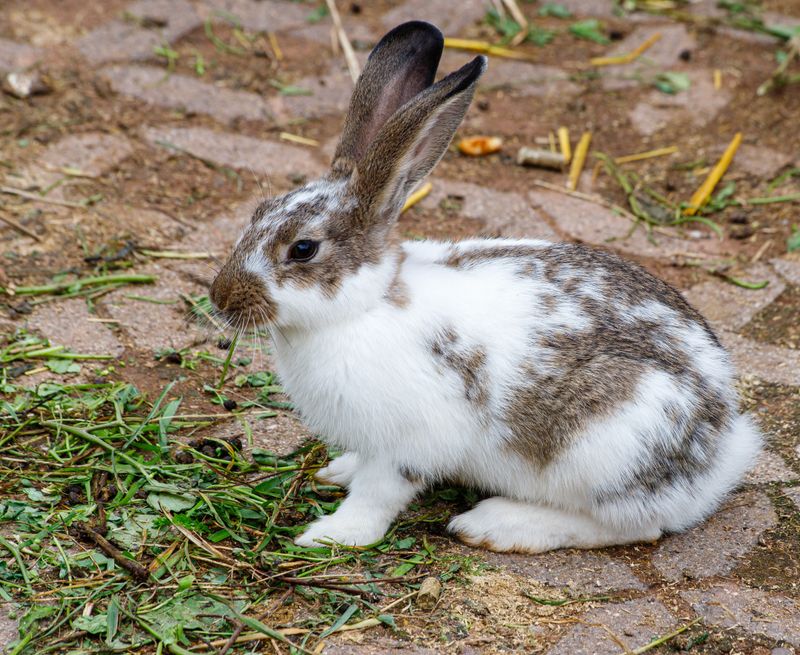
Rabbits are delicate creatures, and improper handling can lead to stress or injury. Picture a rabbit being picked up without support; it feels unsafe and vulnerable.
Proper handling involves cradling their body with gentle support under their hind legs. This secure hold comforts them, preventing panic.
Building trust with your rabbit ensures a happy relationship. Allow them to approach you first, and always handle them with care. Respecting their boundaries fosters a bond built on trust, essential for their well-being.
Boredom
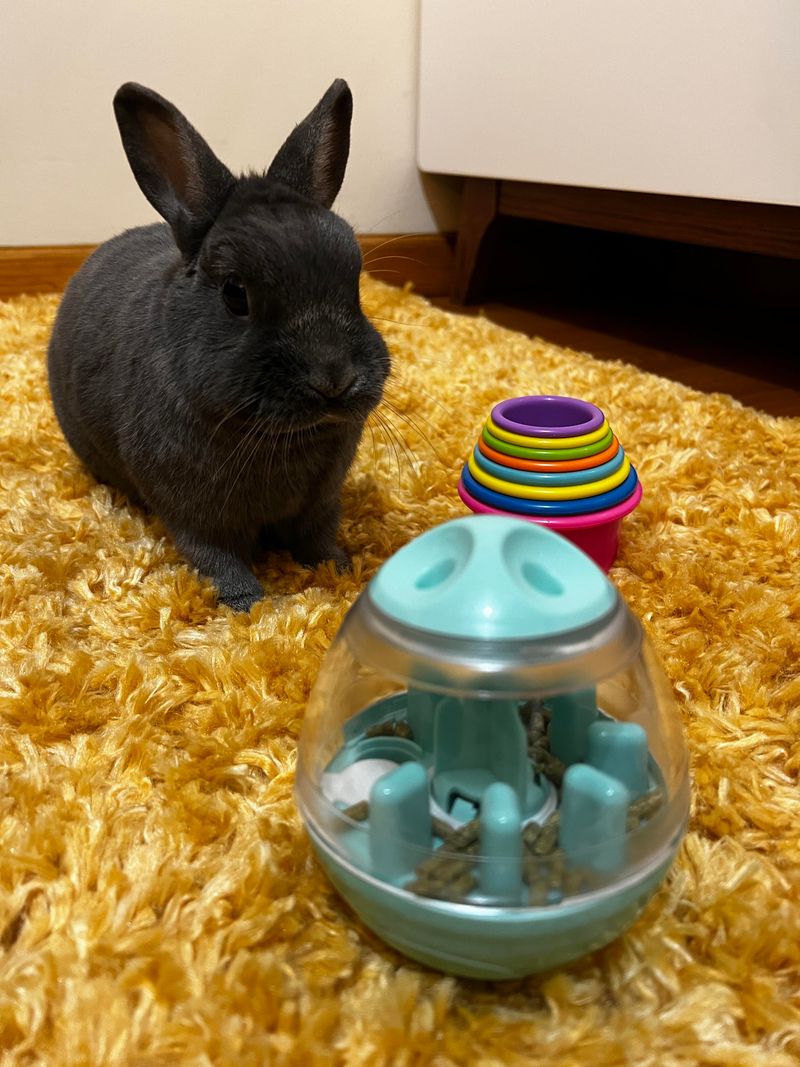
Rabbits, much like humans, require mental stimulation to stay happy. Imagine being cooped up in a cage with nothing to do. It leads to frustration and loneliness.
Providing a variety of toys, tunnels, and opportunities for exploration engages their curious minds. A rabbit’s daily life should include time outside the cage to roam and interact with the environment.
Enrichment activities prevent boredom, promoting physical and mental health. A playful rabbit is a happy rabbit, thriving in an engaging and stimulating environment.
Loud Noises
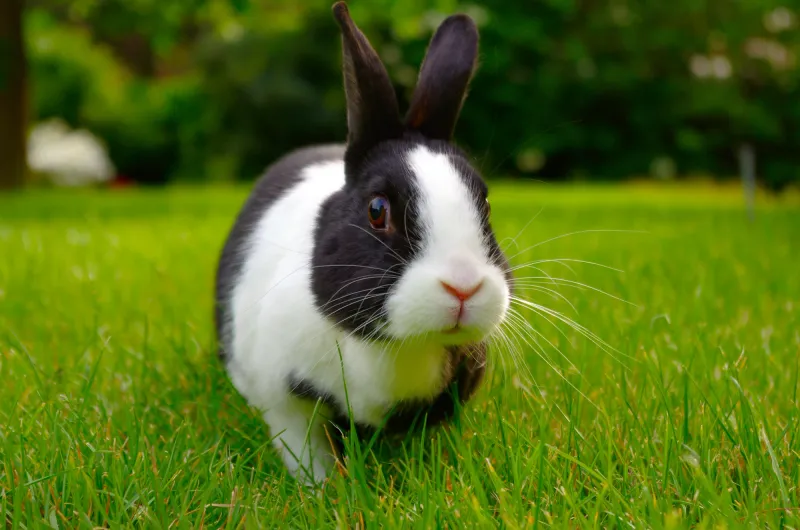
Rabbits possess an acute sense of hearing, making loud noises particularly distressing. Imagine the discomfort of a rabbit in a room with a blaring television or a vacuum cleaner running. It can cause immense stress.
The sudden clamor can lead to a fight-or-flight response, making the rabbit skittish or even aggressive. It is crucial to maintain a calm environment.
A peaceful setting allows them to thrive, remaining relaxed and playful. Consider using headphones or lowering the volume to keep your pet at ease.
Sudden Movements
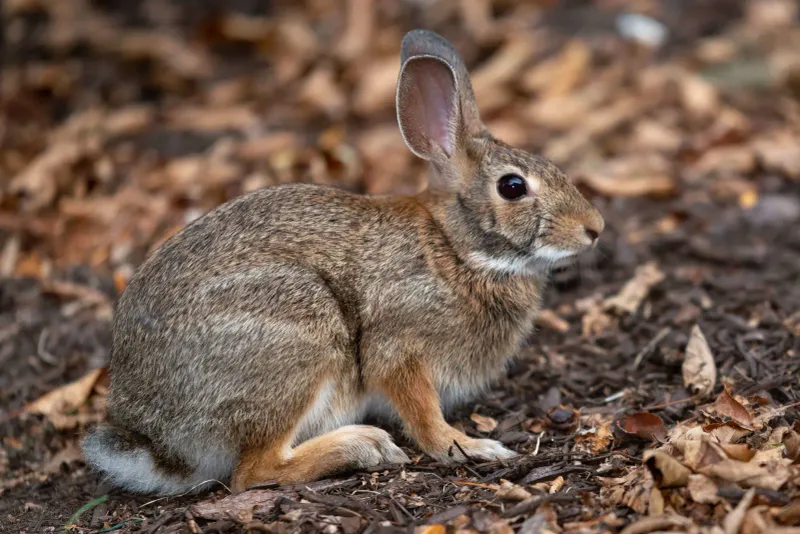
A rabbit’s instinctual response to sudden movements is rooted in survival. Imagine a hand reaching out quickly; it feels like a predator’s attack.
Approaching slowly and calmly reduces fear and anxiety. This gentle manner allows them to trust and approach you willingly.
Building a relationship based on patience and understanding creates a calm and welcoming environment. By moving smoothly and predictably, you help your rabbit feel secure and loved.
Strong Scents
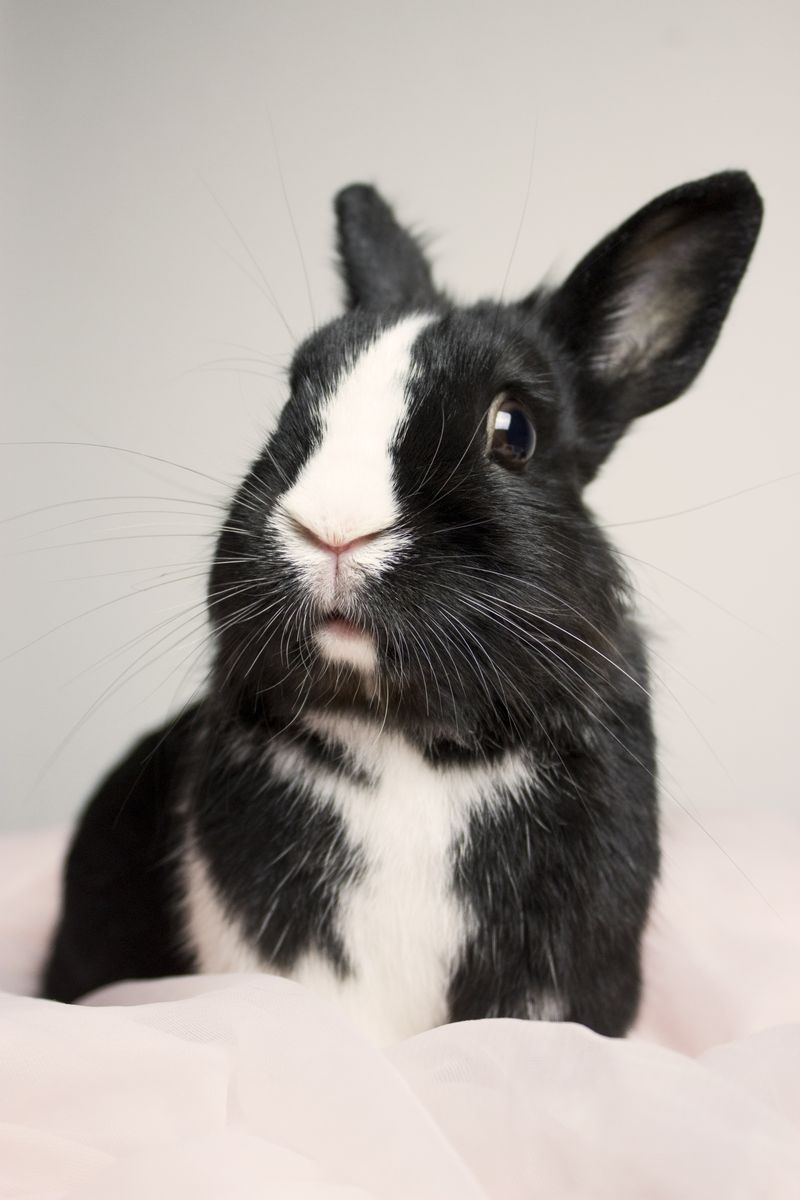
Rabbits have a highly sensitive sense of smell. Imagine their discomfort in a room filled with strong scents from candles or air fresheners. It can be overwhelming.
These potent fragrances can irritate their respiratory system, causing stress. Opt for unscented products to create a more comfortable living space.
Keeping the air fresh and free from heavy odors ensures a happier, healthier rabbit. They thrive in environments mimicking their natural habitat, where subtle, earthy scents prevail.
Small Living Spaces
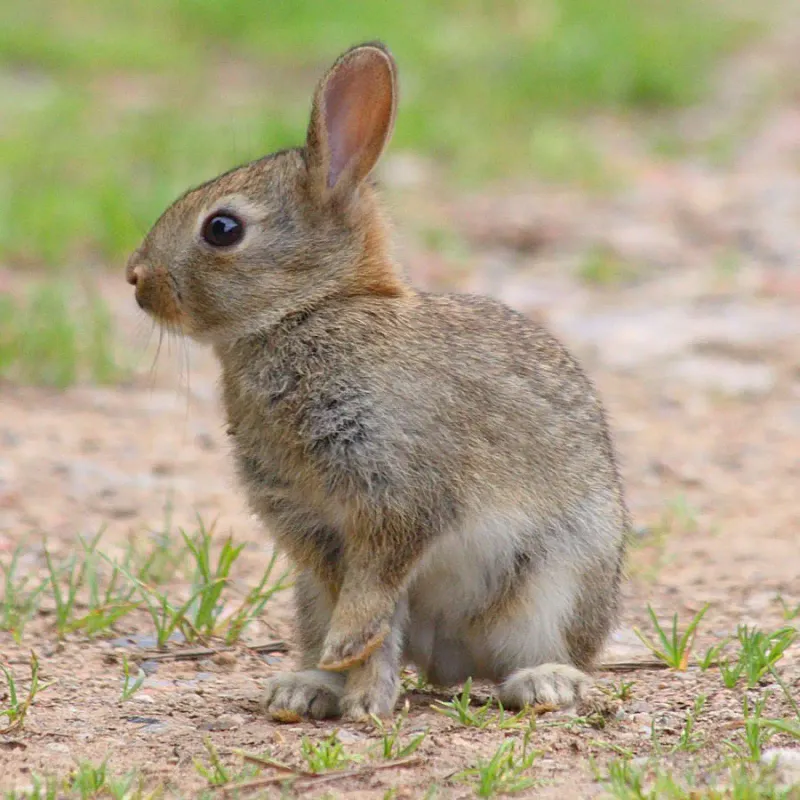
Rabbits need room to hop and explore, making small spaces confining and distressing. Visualize a rabbit cramped in a tiny cage, unable to stretch its legs.
Providing a spacious environment allows natural behaviors, like hopping and playing, to flourish. Ample space is crucial for physical health and happiness.
Investing in a larger enclosure or allowing free range time in a safe area supports their well-being. A content rabbit is one with ample room to express its lively personality.
Dietary Changes

Rabbits have sensitive digestive systems, making sudden dietary changes unsettling. Picture a rabbit sniffing at a new food, unsure and hesitant.
Gradual transitions are essential when introducing new foods, preventing digestive upset. Their diet mainly consists of hay, which must remain a constant.
Maintaining a consistent diet ensures their stomach stays healthy. Experimenting with new foods should be done cautiously, respecting their unique dietary needs.
Being Alone Too Long
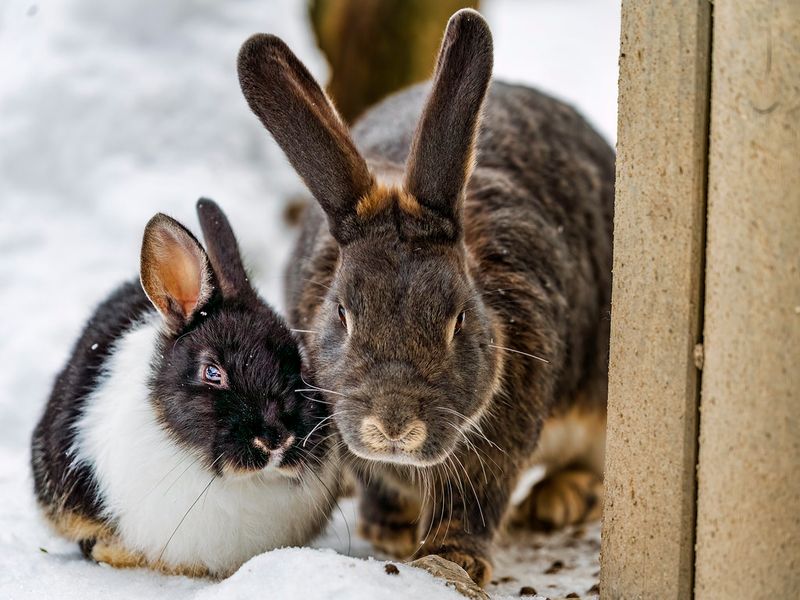
Rabbits are social animals, thriving on interaction and companionship. Imagine a rabbit left alone for extended periods; loneliness can be quite troubling.
Regular interaction with humans or other rabbits enriches their lives, preventing the sadness of solitude. Bonding time is crucial.
Ensuring your rabbit has company can lead to a joyful and active pet. Consider adopting a pair or dedicating time each day to engage with them, creating a loving and fulfilling environment.
Temperature Extremes

Rabbits are sensitive to temperature changes, making extremes hazardous. Picture a rabbit in direct sunlight on a hot day, overheated and distressed.
They require a stable, moderate temperature to maintain comfort and health. Providing shade and a cool environment during summer is vital.
Monitoring the climate of their living area ensures their safety. A rabbit kept in comfortable conditions remains lively and content, free from the stress of temperature fluctuations.
Lack of Routine
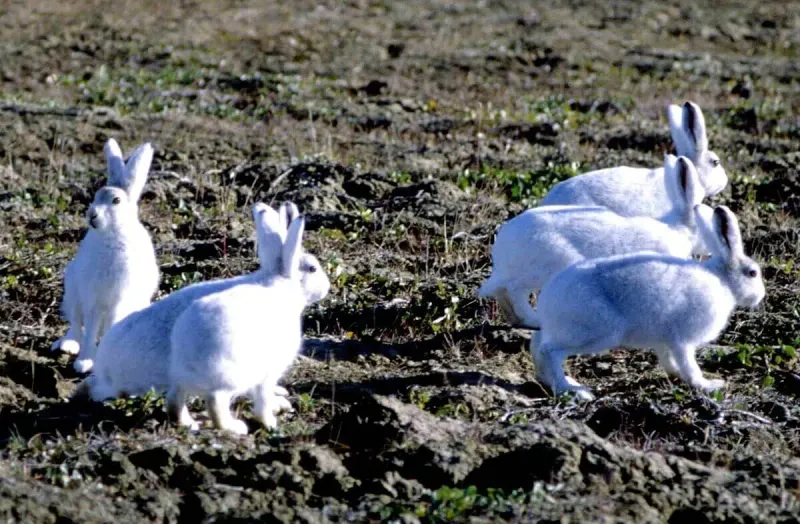
Rabbits thrive on routine, finding comfort in predictability. Imagine their confusion with inconsistent feeding times or erratic daily activities.
Establishing a regular schedule for feeding and playtime helps them feel secure. Routine fosters a sense of stability and well-being.
Sticking to a consistent pattern reduces stress, allowing rabbits to anticipate daily events. A well-structured day contributes to their overall happiness and trust in their environment.

